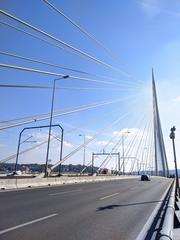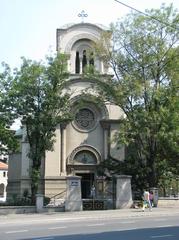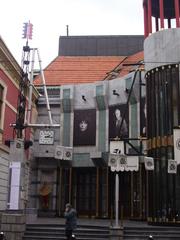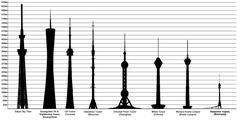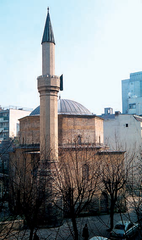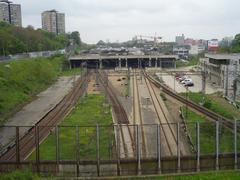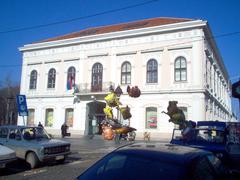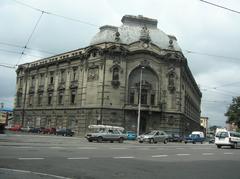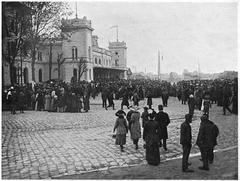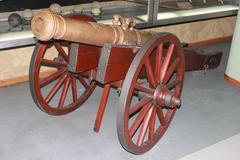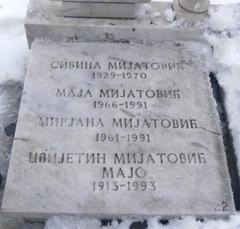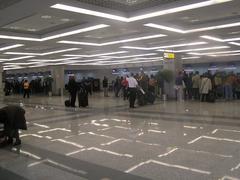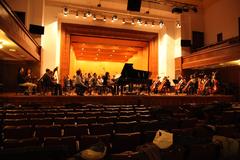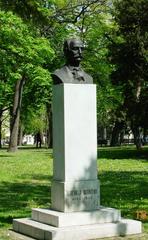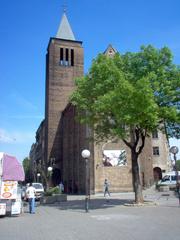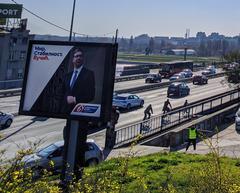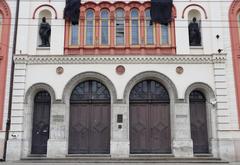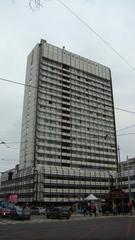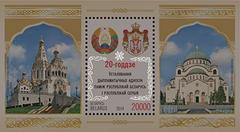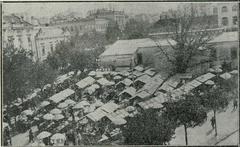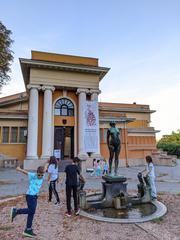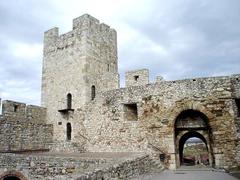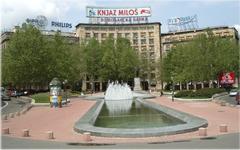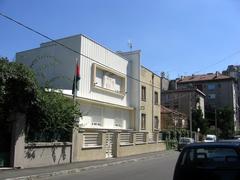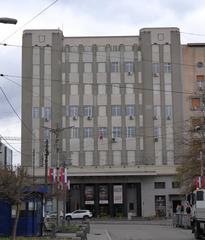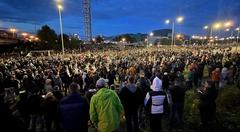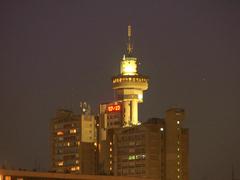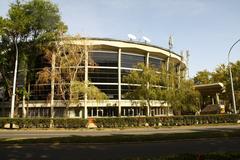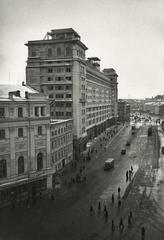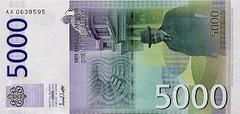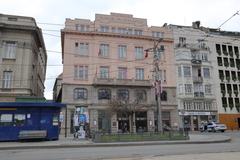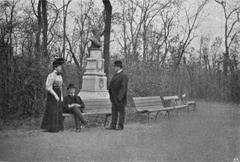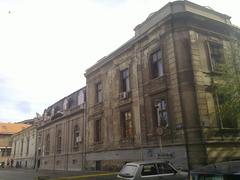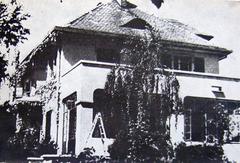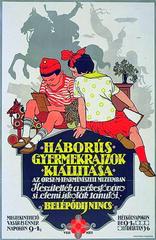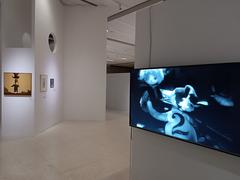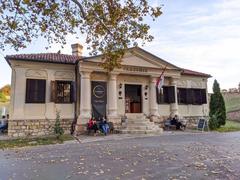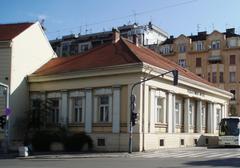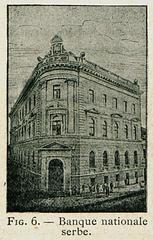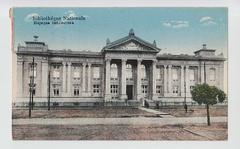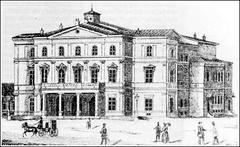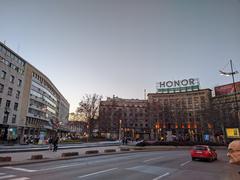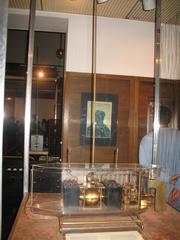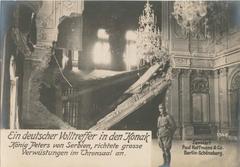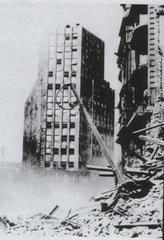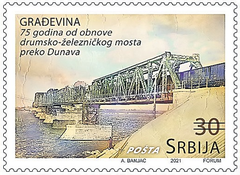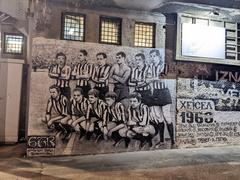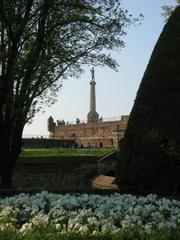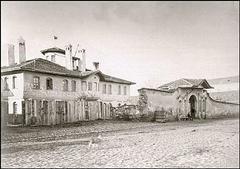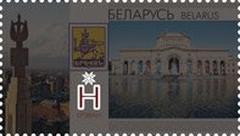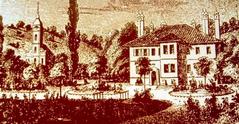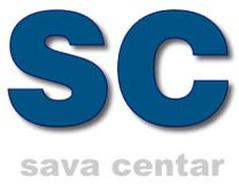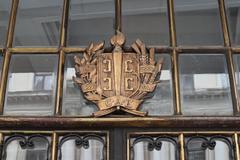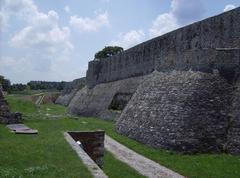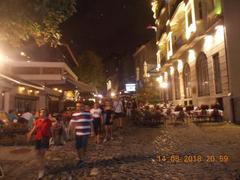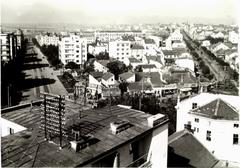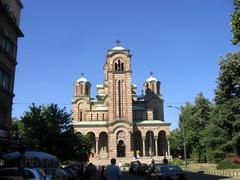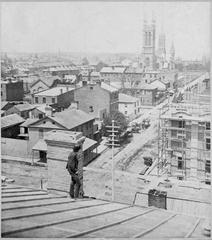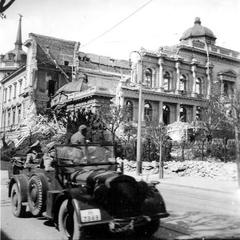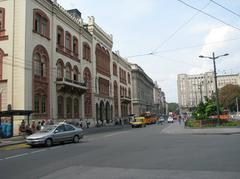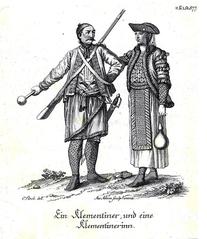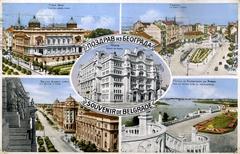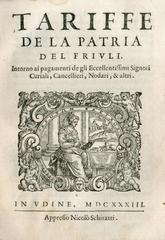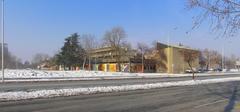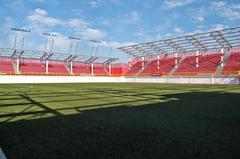Yugoslav Film Archive: Visiting Hours, Tickets, and Historical Significance in Belgrade
Date: 14/06/2025
Introduction
The Yugoslav Film Archive (Jugoslovenska kinoteka) is a cornerstone of cinematic history in Southeast Europe and a premier cultural attraction in Belgrade, Serbia. Established in 1949, it preserves over 95,000 film prints and a vast array of artifacts, offering a unique window into the evolution of regional and international cinema. Centrally located and surrounded by other historical sites, the Archive is accessible to film lovers, historians, researchers, and travelers alike. This guide provides comprehensive information on visiting hours, tickets, accessibility, historical highlights, and tips for maximizing your experience at this iconic institution (Kinoteka, Lonely Planet).
Table of Contents
- Introduction
- Visitor Information
- Historical Overview and Preservation
- Cultural Significance and Nearby Attractions
- Special Events and Educational Programs
- Frequently Asked Questions (FAQ)
- Plan Your Visit
- References
Visitor Information
Opening Hours
- Uzun Mirkova 1 (Main Building): 15:00 – 21:00 (Monday to Saturday)
- Kosovska 11 (Cinema): Box office open 16:00 – 21:00
- Kneza Višeslava 88 (Archive): Check official website for current hours
Hours may vary during holidays or for special events. Always confirm before your visit (Kinoteka Contact).
Tickets and Admission
- Regular Screenings: 200 RSD (~1.7 EUR)
- Free Admission: Children under 7, students and professors at art universities, film professionals, ICOM members, Museum Society of Serbia members, persons with disabilities (with a companion), and accredited journalists
- Special Exhibitions/Festivals: Separate tickets required; prices vary
- Box Office: Kosovska 11, daily from 16:00 – 21:00. Online purchase is available for select events (Kinoteka Official).
Location and Directions
- Address: Uzun Mirkova 1, 11000 Belgrade, Serbia
- Additional Sites: Kosovska 11 (cinema), Kneza Višeslava 88 (archive storage)
- Public Transport: Tram lines 2, 11, 13 and bus lines 24, 26, 27, 31, 32E, 35, 37, 43, 44, 96, minibus lines E2, E8
- Parking: Public garages nearby (e.g., Obilićev venac, Car park “Politika”); Kneza Višeslava 88 offers onsite parking (beotura.rs)
Accessibility
- All public areas are wheelchair accessible; elevators and ramps are available
- Accessible restrooms and seating in screening rooms
- Contact staff in advance for specific needs (Kinoteka Contact)
Amenities
- Café: On-site, ideal for relaxation before or after screenings
- Gift Shop: Offers film-related books, DVDs, and souvenirs
- Library & Reading Room: Extensive resources for researchers; staff assistance available
- Free Wi-Fi: In main public areas (visitbelgrade.eu)
Historical Overview and Preservation
Founding and Early Development (1949–1960s)
The Archive was established in 1949 to collect, conserve, and provide access to films and related materials from Yugoslavia and beyond. Early investments included building specialized bunkers in Košutnjak for flammable nitrate film storage, and, by the late 1950s, modern warehouses for safer acetate films (Kinoteka).
International Recognition and Expansion
A founding member of the International Federation of Film Archives (FIAF) since 1951 and later the Association of European Film Archives and Cinematheques (ACE), the Archive quickly gained global recognition. By 1964, it was considered among the world’s top five film archives, with a collection strategy emphasizing legal deposits, acquisitions, gifts, and international exchanges (Kinoteka, Belgrade Spots).
Collection and Notable Discoveries
- Film Prints: Over 95,000, spanning silent/sound, black-and-white/color, nitrate/acetate
- Photographs: 250,000+ identified, with more in processing
- Documents: Scripts, contracts, correspondence, and unique memorabilia
- Rare Films: Coronation of King Peter the First (1904), Karađorđe (1911), and rediscovered works by pioneers such as Botorić and Bogdanović (Kinoteka)
Preservation Efforts
- Nitrate Film Storage: Košutnjak bunkers maintain strict temperature/humidity control
- Modern Facilities: Color film repository (opened in 2007), upgraded acetate and nitrate storage
- Digital Restoration: Ongoing digitization and restoration, supported by international partnerships
- Copying Initiatives: Over 150 films copied to safer stock in recent years (Kinoteka)
Safeguarding During Conflict
During the 1999 NATO bombing, the Archive’s collection was under threat. International outcry, including support from figures like Bernardo Bertolucci, helped safeguard this irreplaceable heritage (Wikipedia).
Cultural Significance and Nearby Attractions
The Yugoslav Film Archive is recognized as a cultural monument, playing a vital role in film preservation and education. It is centrally located near Belgrade’s major historical and cultural sites, such as:
- National Museum of Serbia
- Kalemegdan Fortress
- Museum of Contemporary Art
- Nikola Tesla Museum
- Knez Mihailova Street (Lonely Planet)
Special Events and Educational Programs
- Film Festivals: Nitrate Film Festival, FEST, Free Zone Film Festival, and others
- Workshops & Lectures: On film history, restoration, and digital arts
- Golden Seal Award Ceremonies: Honoring achievements in film art
- Guided Tours: For schools, groups, and individuals (advance booking recommended)
- Collaborations: Partnerships with universities and international film organizations (stillinbelgrade.com, Kinoteka Official)
Frequently Asked Questions (FAQ)
Q: What are the visiting hours?
A: The main building is open 15:00–21:00 (Uzun Mirkova 1); the Kosovska 11 box office is open 16:00–21:00. Archive hours at Kneza Višeslava 88 vary.
Q: How much are tickets?
A: Regular screenings: 200 RSD; free for children under 7, students, and select groups. Special events may have different pricing.
Q: Is the Archive accessible?
A: Yes, all public areas are accessible, with elevators and staff assistance.
Q: Are guided tours available?
A: Yes, for groups and individuals—advance booking recommended.
Q: Can I take photos?
A: Permitted in public areas; restrictions may apply in certain exhibitions.
Q: How can I stay updated on events?
A: Follow the Archive on social media, check the official website, or use the Audiala app.
Plan Your Visit
- Check opening hours and event schedules in advance
- Book tickets online or at the box office for popular screenings and festivals
- Plan a cultural day out by visiting nearby museums and historical sites
- Download the Audiala app for guided tours and up-to-date information
References and Further Reading
- Kinoteka Archive
- Belgrade Spots
- Lonely Planet
- Kinoteka Official
- beotura.rs
- visitbelgrade.eu
- stillinbelgrade.com
- Belgrade Card
- Wikipedia
- Evendo
Explore the Yugoslav Film Archive to experience the cinematic legacy of Serbia and the Balkans. With its accessible facilities, rich collections, and engaging programming, it stands as a testament to the enduring power of film. Plan your visit today and become part of Belgrade’s vibrant cultural scene!
